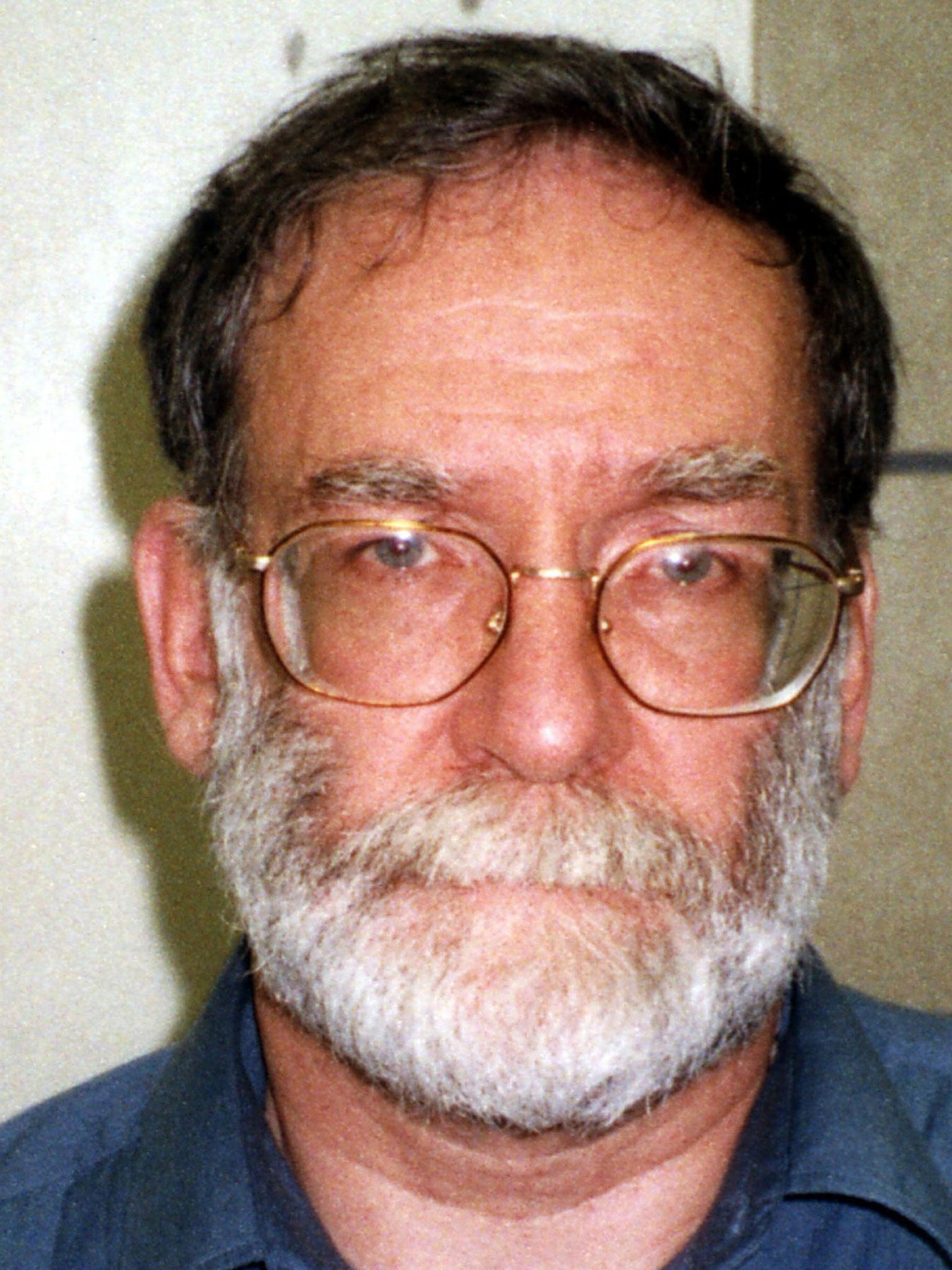Majority of doctors think some colleagues unfit for job
Poll released ahead of the 10th anniversary of the death of Harold Shipman

More than 80 per cent of hospital doctors would not want colleagues to treat their friends and family, a poll released ahead of the 10th anniversary of the death of Harold Shipman reveals.
Some 67 per cent of GPs agree there remain certain practitioners within the NHS who could fail patients. And the overwhelming majority of doctors believe regular checks will not identify those who are unfit to practise.
There remains “widespread scepticism” about the effectiveness of regulation of doctors working both within hospitals and GP surgeries.
The survey of 4,600 hospital doctors and 1,000 GPs from Doctors.net.uk exposes the variations in the quality of care available in Britain.
Doctors were asked whether the process of revalidation – which requires them to demonstrate on a regular basis, mostly every five years, that they are fit to practise – would help identify and deal with those who failed patients.
Of those working in hospitals, 53 per cent said revalidation would not identify failing doctors. Among GPs, 60 per cent agreed. Shipman, a GP who is thought to have killed up to 260 patients over 23 years, died in Wakefield Prison on 13 January 2004.
Dr Tim Ringrose, chief executive of Doctors.net.uk, said: “While revalidation should help to address concerns, there is scepticism about its effectiveness. Many doctors view it as another administrative burden. They do not see it as a safety net for identifying doctors who are not fit to practise.”
Some 86 per cent of hospital doctors said there are variations in care and that “there are certain doctors that I would not want to treat friends and family”. The results were similar according to the seniority of the doctor, with 86 per cent of hospital consultants agreeing with the statement compared to 84 per cent of junior doctors.
Among GPs, 67 per cent agreed with the statement.
PA
Subscribe to Independent Premium to bookmark this article
Want to bookmark your favourite articles and stories to read or reference later? Start your Independent Premium subscription today.

Join our commenting forum
Join thought-provoking conversations, follow other Independent readers and see their replies